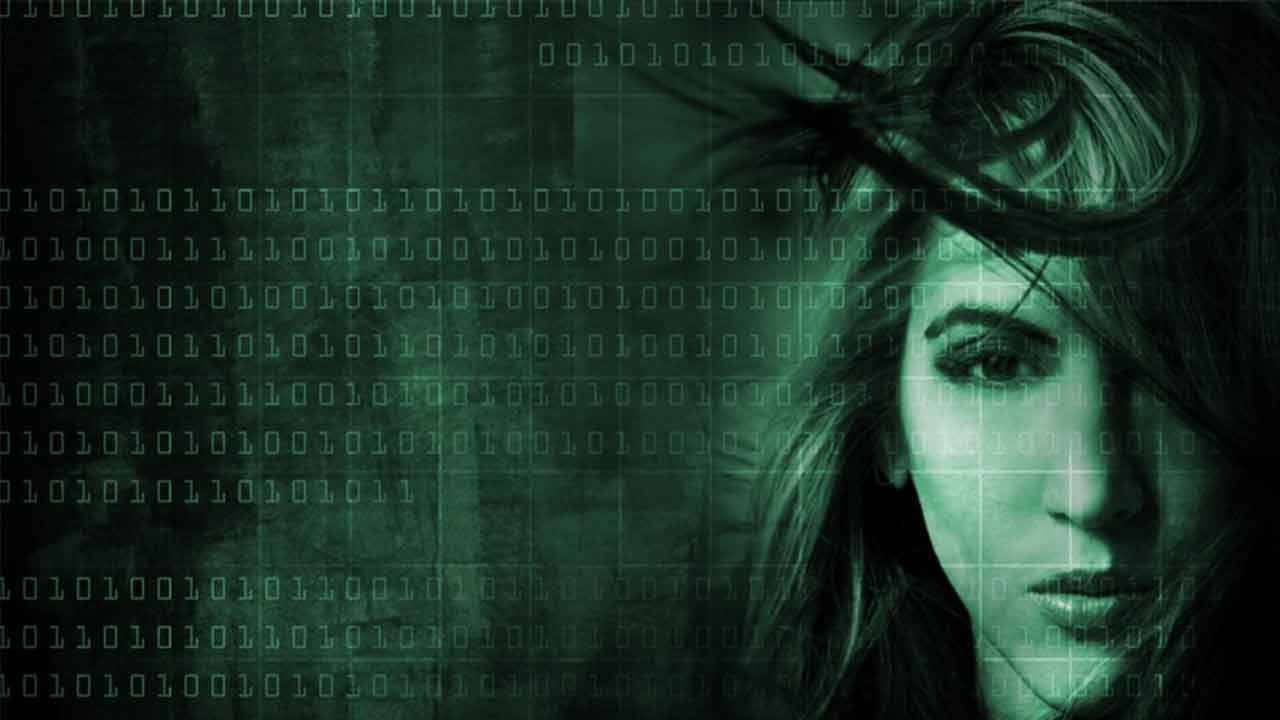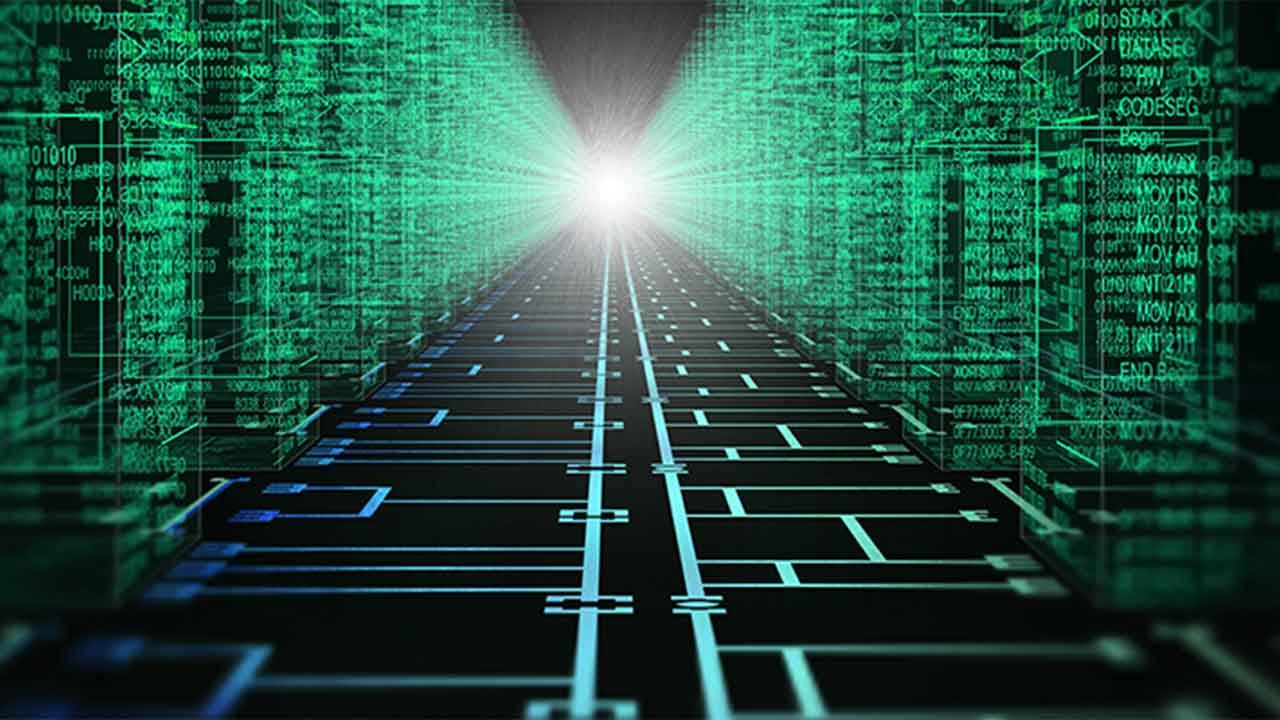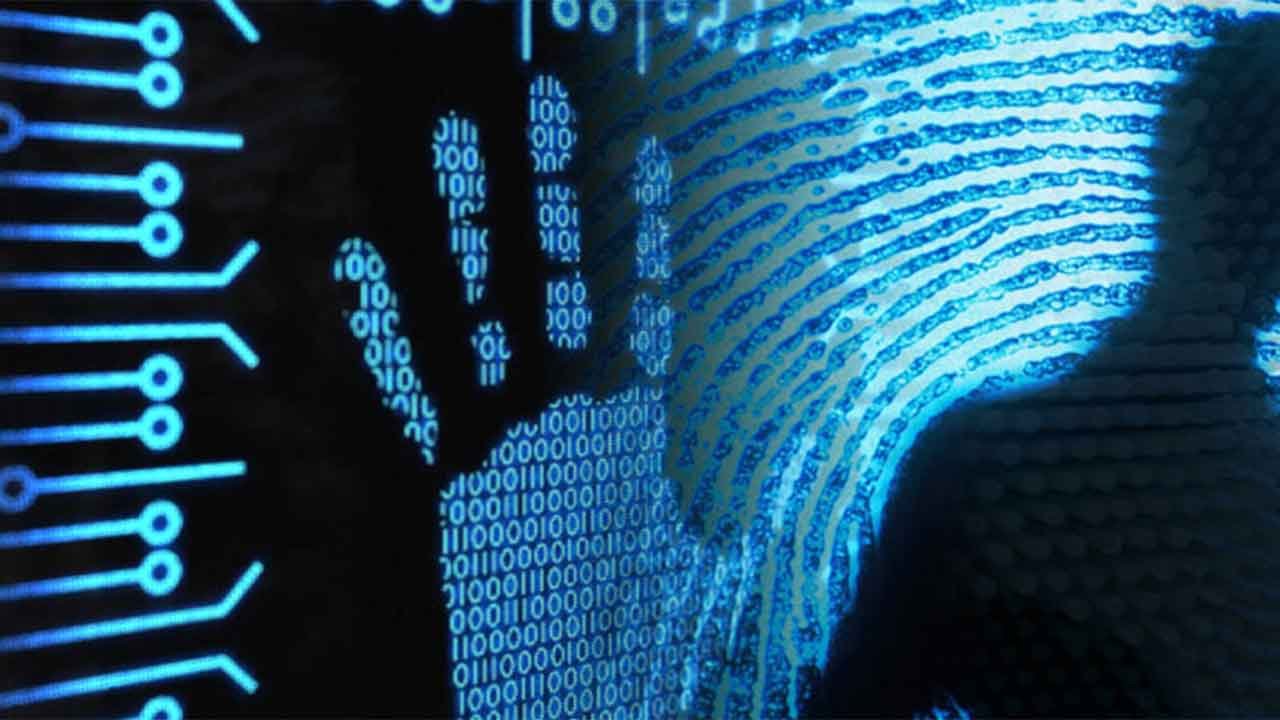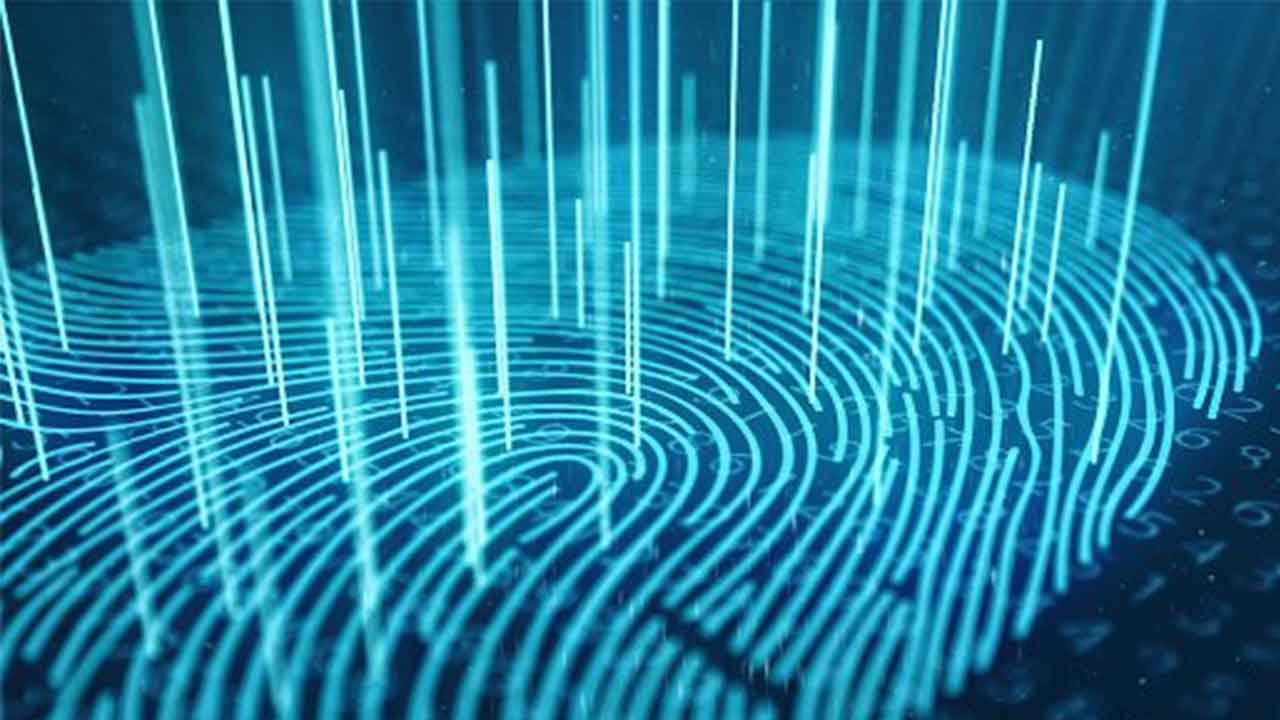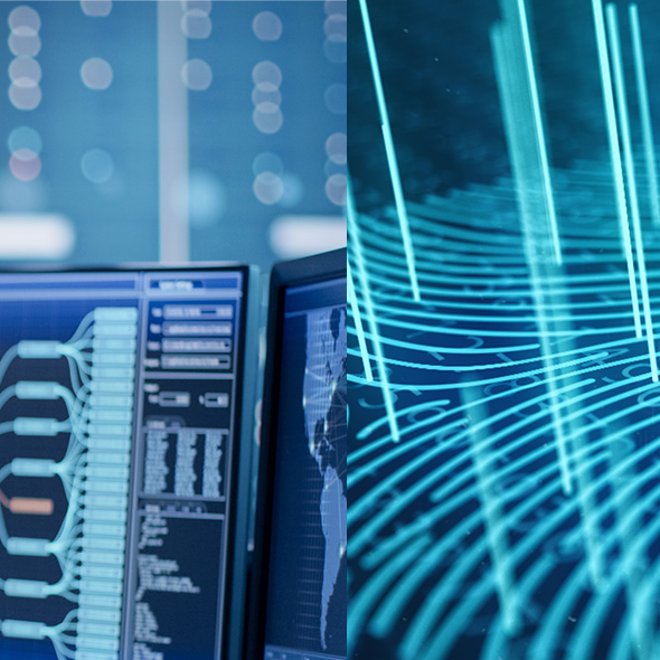
(Forensic) Data Analytics
- Module
- Digital Forensics
- Start February 2025
- Duration 20 weeks
- Engelstalig
- Microcredential
Introduction
Our digitally transformed world creates many new opportunities for misconduct. Criminals are rapidly shifting their field of activity to the digital domain providing a growing need for trained forensic IT specialists who can act quickly and effectively in digital forensic investigations.
In this comprehensive module, you'll embark on a journey into the world of data analysis, where you will acquire essential skills for handling data in forensic scenarios. Our course takes you through the fundamental elements of data analysis, from data collection to visualization, and demonstrates how these skills can be applied effectively in forensic contexts. By the end of this module, you will have not only acquired the essential knowledge and skills to work in a data analysis team, but also you have completed a small data project to showcase your practical experience. Join us today and unlock the potential of data analysis in the world of forensic applications.
For whom
The module Data Analytics is geared towards professionals with a Bachelor’s or Master’s degree working in the digital forensic field looking to widen their knowledge and developing their technical skills.
Lectorate Digital Forensics & E-Discovery
This module is part of the Master Digital Forensics. Leiden University of Applied Sciences is the frontrunner in education dedicated to the digital forensic field with the full-time & part-time bachelor's programs Forensic ICT and the part-time Master Digital Forensics . These programs are executed in close collaboration with the Lectorate Digital Forensics & E-Discovery.
Questions? Contact us
Topics
Students learn to think in order to choose the right technology for the right challenge. Not every statistical method can be used on every dataset, and not every trained model can be applied to data without customization.
* How do you verify that you are choosing the right application for your problem?
* How do you make sure your method is transparent, explainable, and valid?
* How can you present your data and the results found?
Students are given large forensic datasets with a research topic, where they are encouraged to come up with a solution, using the literature. In this, the student reflects on:
1. Analysis & breakdown of the problem;
2. Methodology is chosen, including advantages and disadvantages of the chosen technique;
3. Building a data pipeline in which the data problem is solved;
4. Testing whether the approach meets the set (forensic) requirements.
Microcredentials
Upon successful completion of this module, you will receive a microcredential. Microcredentials certify the successful learning outcomes of short courses, trainings and other learning modules. They offer a flexible, targeted way to help you show how you are developing the knowledge, skills and competencies you need in your personal and professional development.
Program
The module Data Analytics is part of the Master Digital Forensics, a two-year part-time program. The duration of the module Data Analytics is 20 weeks and has a study load of 5 ECTS. Our education is offered in a hybrid format, providing the option to follow lectures online with the exception of several mandatory on-campus meetings. The curriculum combines theory & practice. Participants are expected to carry out practical projects and assignments in their own workplace or at the Digital Forensics Lab at the Digital Forensics & E-Discovery lectorate based at the HSD-campus in the Hague.
The admission requirements for this module are:
- Bachelor's degree ICT, Computer Science or Digital Forensics (or completed pre-master program Digital Forensics).
- Relevant work experience in the Digital Forensics field
- Good command of the English language (minimum B2 level of the Common European Framework of Reference for Languages)
- Resume check to review if you meet the entry-level requirements of the module (if needed to determine this, you will be invited for an introductory interview)
The Master of Digital Forensics is specifically tailored to professionals who would like to:
- advance their technical skills in modern day digital forensics and investigations.
- acquire the necessary management and communication skills required to perform forensic investigations.
- be prepared for the technology paradigm shift towards IOT forensics.
- learn how to use analytics, AI, and ML methodologies and apply forensic frameworks to control huge investigations.
- learn to develop state of the art forensic tools.
Read more about the complete master’s program
*Please note not all modules of the Master Digital Forensics will be offered as micro-credentials therefore, it is not possible to complete the entire Master’s program via micro-credentials.
Interested in developing your knowledge and skills in the field of Digital Forensics? We offer several modules of the Master Digital Forensics as microcredential.
View all courses in the field of Digital Forensics.
Practical information
Are you planning to participate in the module Data Analytics? View practical information about start, registration and costs here.
Extent
5 ECTS per module - combination of self-study, on-campus lectures & practical assignments.
Option to follow lectures online with exception of several mandatory on-campus meetings.
On-campus day for study year 2024-2025
Monday
Level
Master
Duration
20 weeks per module
Certifcate
Upon successful completion, you will receive a microcredential
Start
February 2025
Registration
Register at latest by December 31st 2024. We will inform you in the second week of January if the module is starting.
! Courses are only confirmed when there is sufficient participation.
More about
Read more about the requirements, enrollment and costs of the Master Digital Forensics, and the information for employers.



